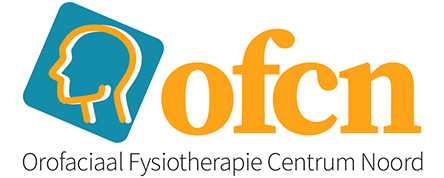Dizziness
If you suffer from dizziness, it can be very annoying. Dizziness can have various causes. It can occur with migraines, low blood pressure, or as a side effect of you medication. These are often symptoms where you should live with. For some types of vertigo, the exact cause had not yet been found.
In some forms of dizziness an orofacial physiotherapist can help. Dizziness due to hyperventilation (dysfunctional breathing) and BPPV (benign paroxysmal positional vertigo) are examples of this. Dizziness complaints as a result of a vestibular neuritis can also be treated well by orofacial physiotherapy through vestibular rehabilitation. During your visit to us, we will look for the possible cause and we will help you to improve the complaints. The cause may be in the vestibular system itself (see BPPV), The verstibular nerve may also be affected, which means that the vestibular system does not function properly (see vestibular neuritis). This can occur during and after experiencing a vestibular neuritis.
Dizziness can also occur when there is a disbalance in the different systems that normally should provide balance. These three systems are the eyes, the touch/muscles (also called proprioception) and the vestibular system. If one of these systems no longer function properly, this can have consequences for the balance/feeling of imbalance. OFCN is specialized in the treatment of vertigo, vestibular rehabilitations and breathing techniques.
Forms of dizziness
BPPD (Benign Paroxysmal Positional Dizziness)
This form of dizziness can only be generated when there is a movement of your head. Like turning over in bed, bending over or looking up. The vertigo slowly disappears over time (may last up to a few minutes). The possible cause of this form of dizziness is the looseness of small stones (grit) in one of the three canals of your vestibular system. As a result, the fluid in one of the canals does not move as it should be (too slowly), in this case your vestibular system thinks that you are still moving, while in reality this is not happening. This can suddenly make you feel very dizzy.
BPPV can be treated well by an orofacial physiotherapist. During the anamnesis it soon becomes clear that it may be BPPV. Tests have been developed to investigate where the problem is located in the vestibular system. When we have found the problem, we can start the therapy. Fortunately, BPPV is very treatable and most of the time when the treatment ends you lost your feeling of dizziness.
Neuritis Vestibularis
In case of an vestibular neuritis, one of your vestibular organs does (temporarily) not work anymore. The possible cause is unknown. With vestibular neuritis you can experience extreme dizziness, in general this goes away by itself (usually after a week). It can be that after you recovered, your vestibular system is still not working optimally and you still experience difficulties in your balance. Then we speak of a possible vestibular hypofunction. As an orofacial physiotherapist, we can do something for you using vestibular rehabilitation. OFCN is specialized in treating balance complaints.
What can you expect?
During our intake we do an extensive interview so we get an overview of all the possible causes of your dizziness or balance problems. After this we will do an physical examination. In this examination we can test how the vestibular system and other involved structures are influencing the development of dizziness or imbalance. From here we will do a treatment propose. For the treatment you can think of exercises that will reduce your feeling of dizziness.




